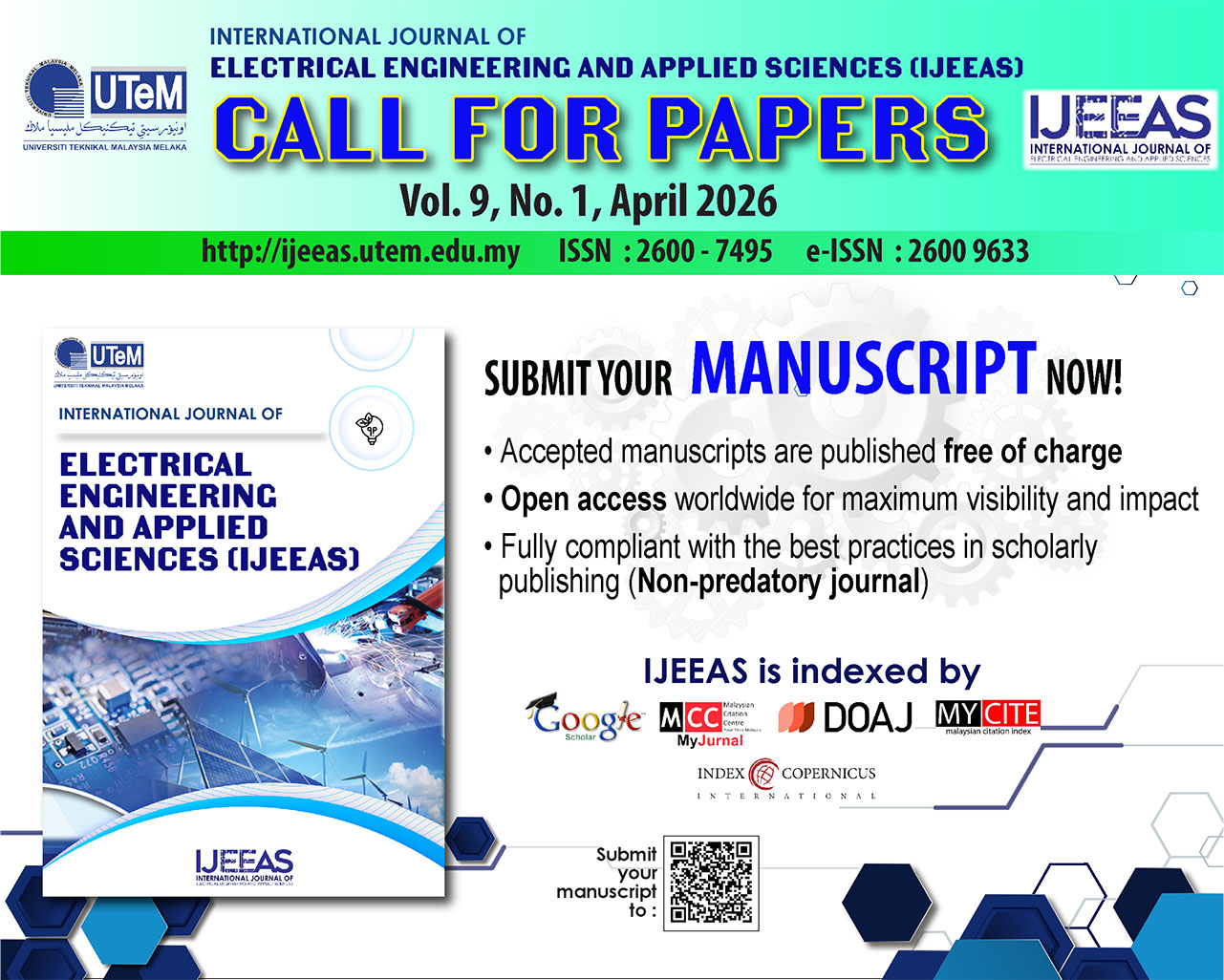Developing Resilient and Expandable Adaptive Capacity Arbitration Algorithms for Future WCDMA (UMTS) Wireless Systems
DOI:
https://doi.org/10.54554/ijeeas.2023.6.02.007Abstract
The objective of this research paper is to tackle the emerging challenges associated with resource management in future WCDMA (UMTS) wireless systems by presenting resilient and expandable adaptive capacity arbitration algorithms. The escalating demands for wireless communication necessitate effective resource allocation, ensuring optimal performance and user satisfaction. Accordingly, this paper introduces innovative algorithms designed to dynamically distribute resources based on user requirements, channel circumstances, and Quality of Service (QoS) preferences. By conducting an extensive analysis of pertinent literature, this work identifies the limitations inherent in current resource allocation strategies applied in WCDMA/UMTS systems. The proposed algorithms place a strong emphasis on achieving resilience by taking into account interference issues, uncertainties, as well as evolving network conditions. Furthermore, the algorithms have been designed to address concerns related to scalability so that they can efficiently handle a growing number of users and devices. The approach involves developing these algorithms and then evaluating their performance comprehensively using simulation tools. The results indicate that the adaptive capacity arbitration algorithms proposed outperform existing methods in terms of throughput, latency, and resource utilization. These findings suggest that the algorithms have great potential to greatly enhance the efficiency and reliability of future wireless systems. In short, this research paper makes a valuable contribution to the field of wireless communication by presenting innovative adaptive capacity arbitration algorithms specifically tailored for WCDMA/UMTS wireless systems. With the demonstrated robustness and scalability, these algorithms hold significant promise in revolutionizing resource management within wireless networks, thereby paving way for better connectivity and enhanced user experiences. Avenues that could be explored in future research involve the practical application of these algorithms in real-world contexts and improving their efficiency under different network conditions.
Downloads
Downloads
Published
How to Cite
Issue
Section
License
Authors who publish with this journal agree to the following terms:
- Authors retain copyright and grant the journal right of first publication with the work simultaneously licensed under a Creative Commons Attribution License that allows others to share the work with an acknowledgement of the work's authorship and initial publication in this journal.
- Authors are able to enter into separate, additional contractual arrangements for the non-exclusive distribution of the journal's published version of the work (e.g., post it to an institutional repository or publish it in a book), with an acknowledgement of its initial publication in this journal.
- Authors are permitted and encouraged to post their work online (e.g., in institutional repositories or on their website) prior to and during the submission process, as it can lead to productive exchanges, as well as earlier and greater citation of published work (See The Effect of Open Access).







